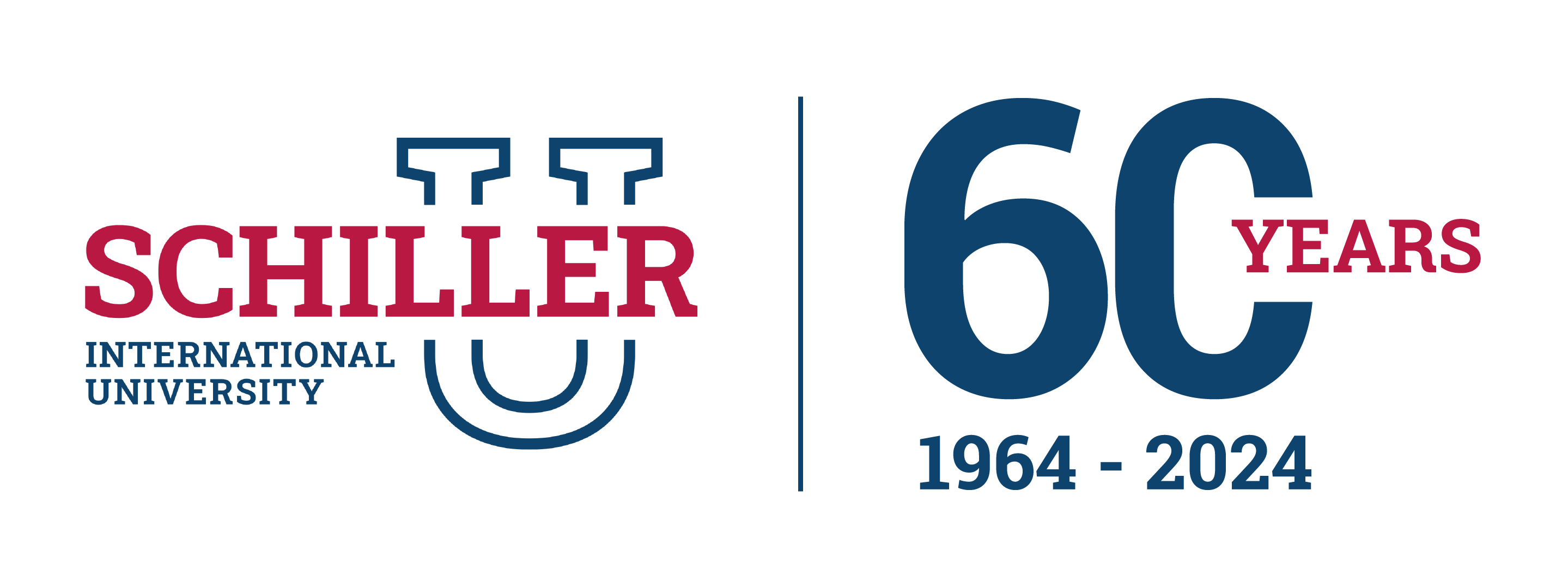In the rapidly evolving realm of technology and data careers, the rise of artificial intelligence (AI) is reshaping industries across the globe. As AI systems become more sophisticated and integrated into our daily lives, ethical concerns surrounding their use are gaining prominence. This blog explores the intricate web of AI ethics and the role educational institutions like Schiller International University play in preparing future tech professionals to navigate these ethical challenges on an international scale.
AI's Impact on Society
AI's impact is undeniable; it's used in healthcare, finance, transportation, and countless other sectors. While these systems bring unprecedented efficiency and innovation, they also raise significant ethical questions. For instance, AI in healthcare can improve diagnostics, but what about privacy concerns? AI in autonomous vehicles may save lives, but what about the potential for accidents?
Schiller International University's Global Perspective
As the world becomes increasingly interconnected, educational institutions with international campuses, like Schiller International University, are vital. They offer students a global perspective and an understanding of diverse cultures and their ethical concerns. This perspective is crucial for those entering tech and data careers, as it prepares them to address AI ethics in a culturally sensitive and globally informed manner.
Navigating the AI Ethical Landscape
AI ethics encompasses a wide range of issues, including:
- Bias and Fairness: AI systems can inherit biases present in training data. Data scientists must learn to recognize and rectify these biases to ensure fair AI systems.
- Privacy: The use of personal data to train AI models raises concerns about how data is collected, stored, and used, necessitating robust data protection measures.
- Transparency: Understanding AI's decision-making processes is essential, especially in critical applications like medical diagnosis or autonomous vehicles.
- Accountability: Determining who is responsible when AI systems make harmful decisions is a challenging ethical issue.
- Job Displacement: As AI automation increases, the impact on employment and livelihoods is a pressing concern.
Teaching Ethical AI at Schiller International University
Educational institutions like Schiller International University recognize the importance of incorporating AI ethics into tech and data career education. Students not only learn the technical aspects of AI but also the moral and ethical dimensions of its use. This comprehensive approach ensures that future professionals are equipped to address AI-related ethical challenges in diverse international contexts.
AI Ethics in Action
Tech professionals must put AI ethics into practice:
- Ethical-by-Design: Develop AI systems with ethics in mind from the start. Consider potential biases, privacy concerns, and transparency issues during the design phase.
- Continuous Monitoring: Regularly assess AI systems for bias and other ethical concerns, and make necessary adjustments.
- Education and Advocacy: Engage in ongoing education about AI ethics and advocate for responsible AI practices within organizations.
- Cross-Cultural Sensitivity: Understand and respect the ethical and cultural diversity of AI applications on an international scale.
AI's ever-expanding role in our lives presents unprecedented opportunities and challenges. Addressing the moral implications of intelligent systems is vital to ensure that AI serves humanity rather than hinders it. Educational institutions like Schiller International University are instrumental in preparing tech and data career professionals to navigate this complex terrain with an international perspective. By combining technical expertise with ethical considerations, we can harness the transformative potential of AI while safeguarding our shared values and principles. As AI continues to advance, the ethical dimension of this technology remains a cornerstone of responsible innovation.

 Apply Now
Apply Now








